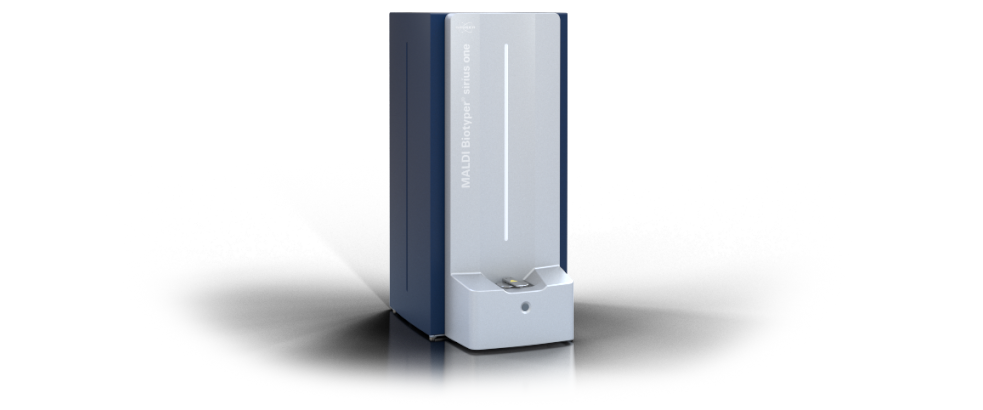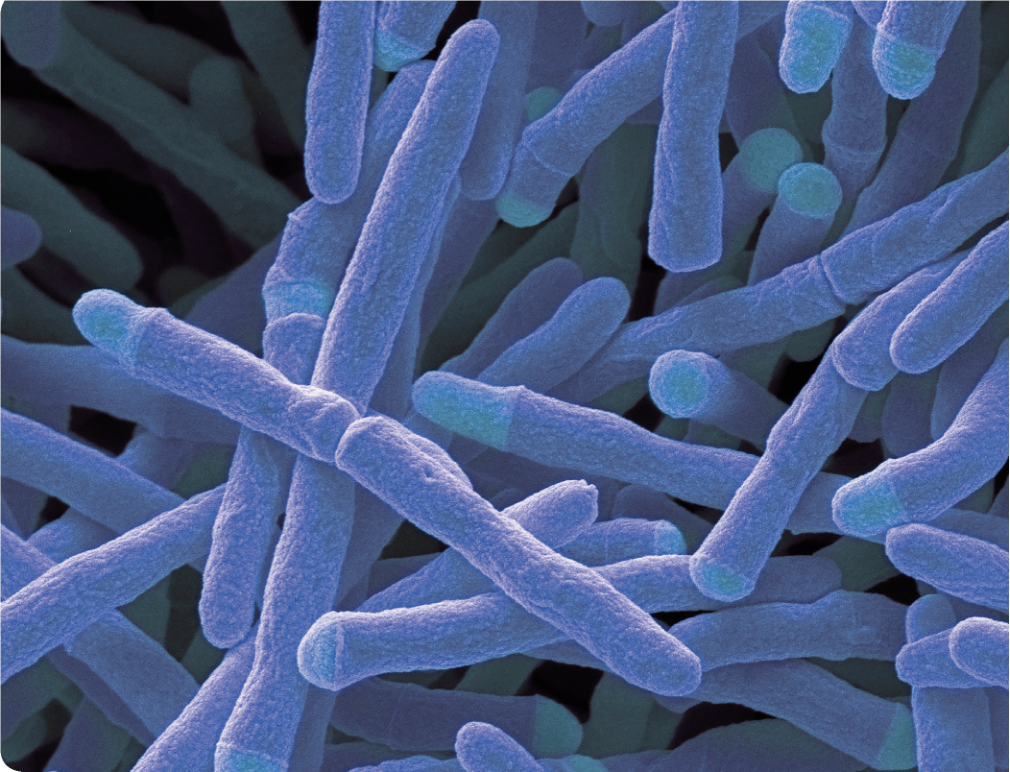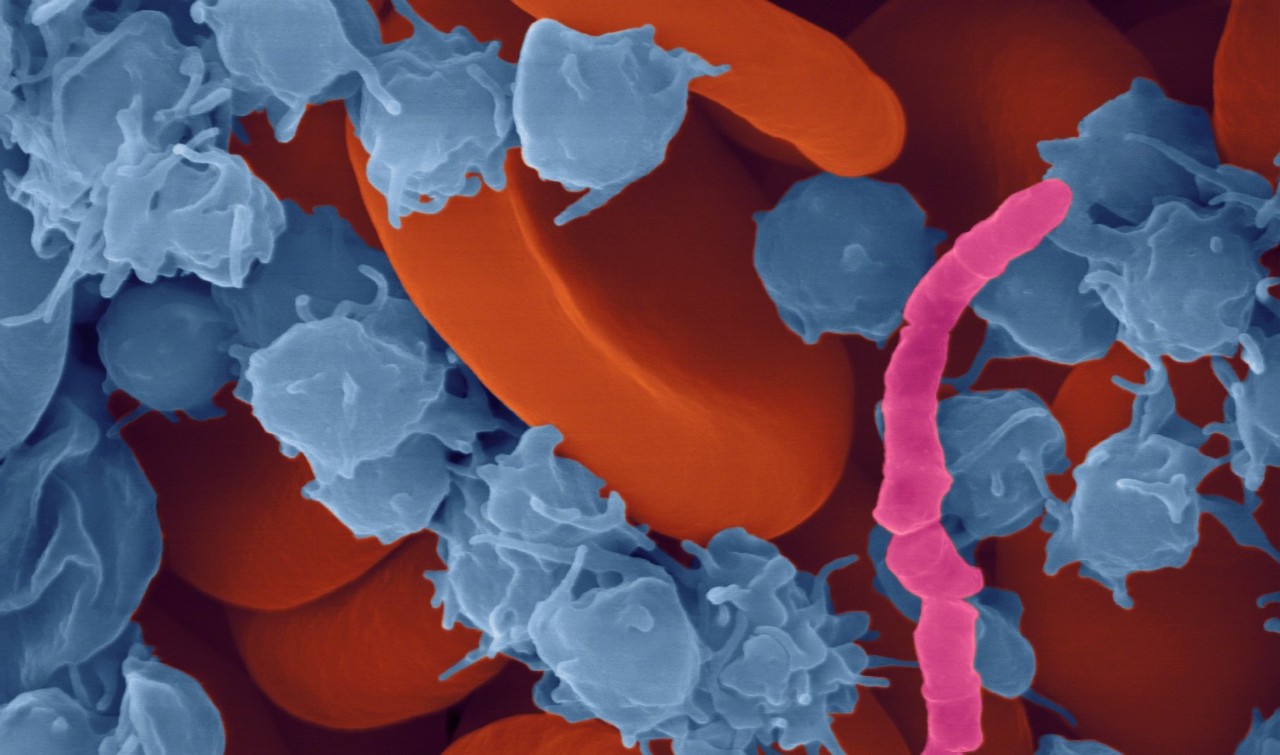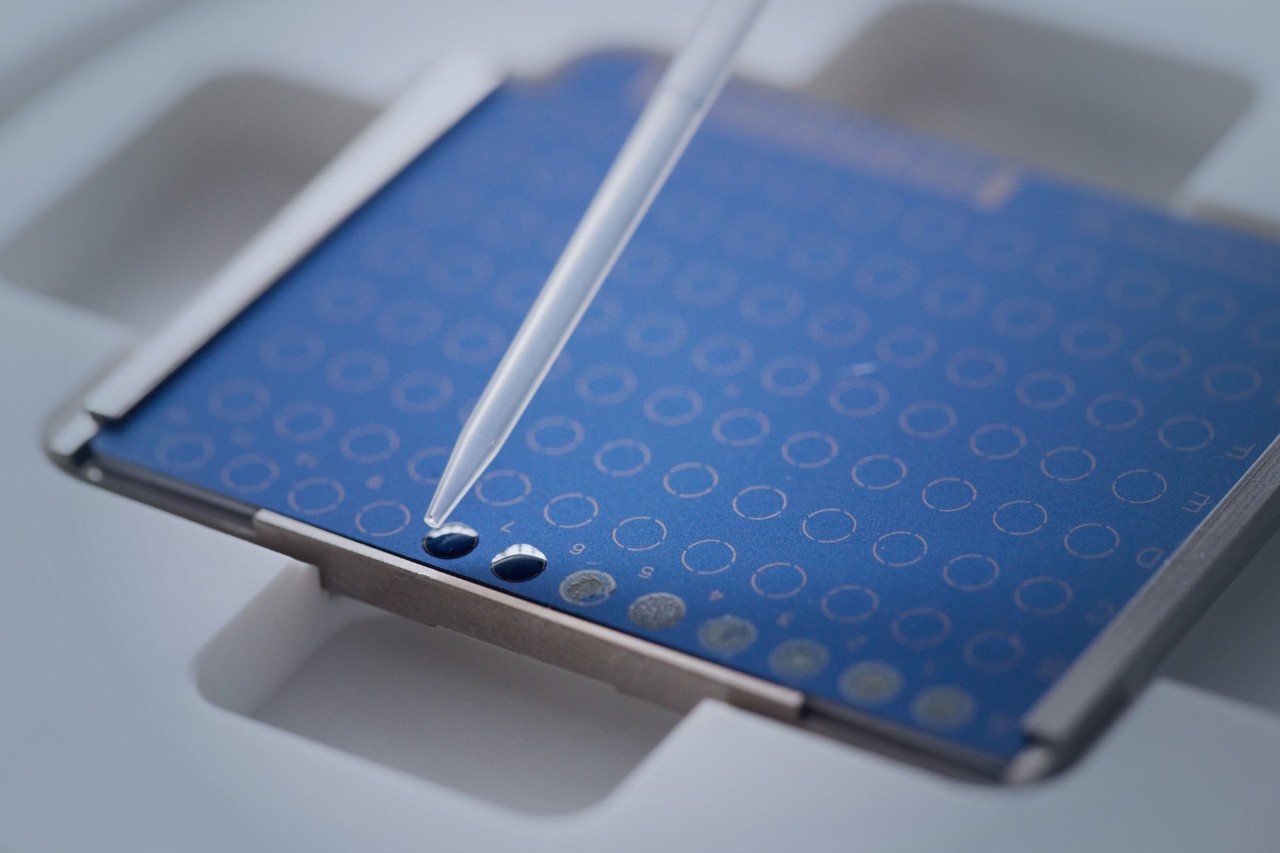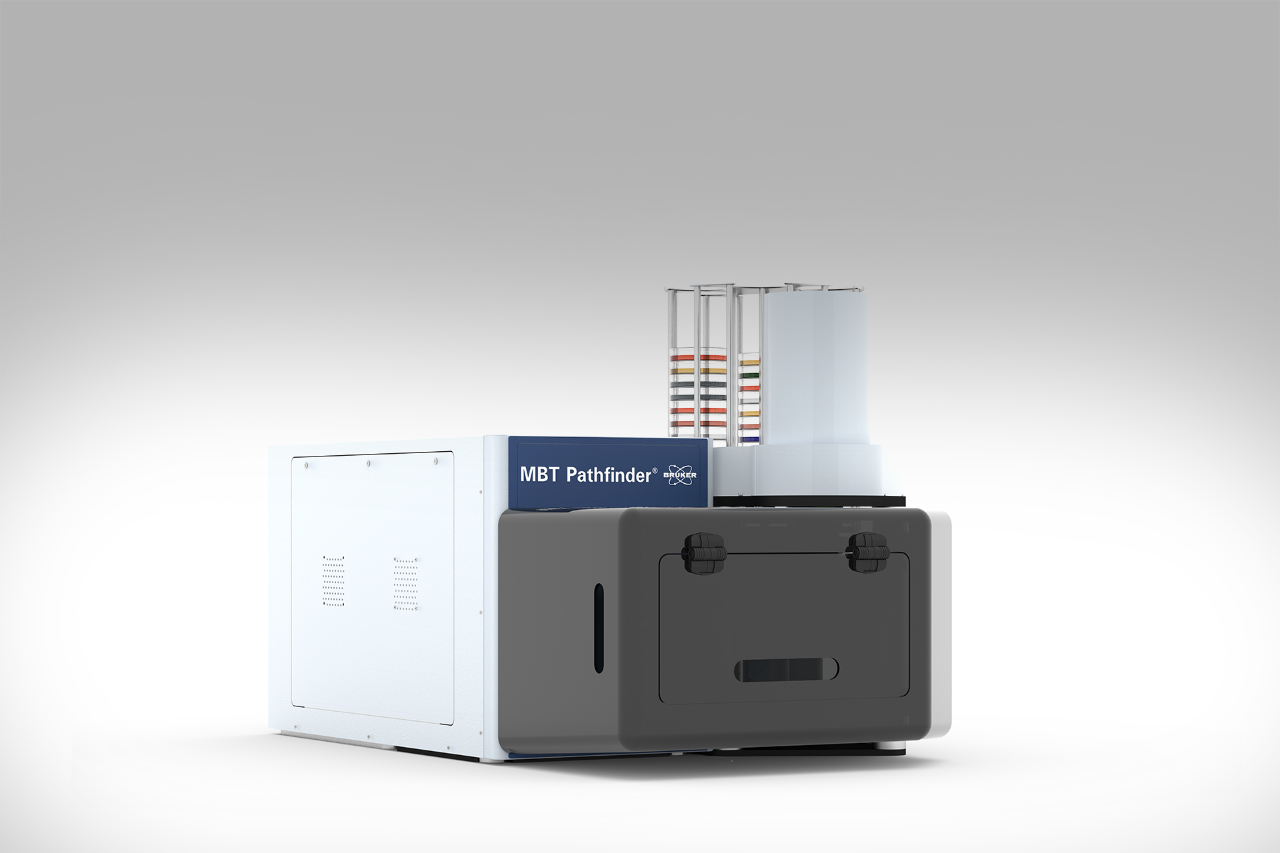

Filamentous Fungi Identification
Discover the power of MALDI Biotyper® for Filamentous Fungi identification
Experience the MBT HT Filamentous Fungi Module – a game-changer for identifying challenging filamentous fungi. This innovative module comprises specialized software, an extensive filamentous fungi library, and the groundbreaking MyT workflow.
MyT - an easy, yet mighty approach
harvested directly from regular agar
Conquer the filamentous fungi challenge
Identifying molds and multicellular fungi has always posed a significant hurdle in microbiology. Even state-of-the-art MALDI-TOF techniques struggle with the diverse effects of fungal culture conditions, resulting in varying mass spectra due to different cell growth. However, Bruker’s research and development efforts have resulted in reproducible reference spectra for reliable identification of filamentous fungi.
Empowering success with the MBT HT Filamentous Fungi Module
The MBT HT FiIamentous Fungi Module is a powerful fusion of an extensive reference library and advanced software tools. Our dedicated software module employs unique parameters, triggering precise mass spectral acquisition and analysis for accurate identification of filamentous fungi.
For creation of the reference library, we have harnessed the potential of liquid-based cultivation to minimize the impact of culture conditions on the mass spectrum. Liquid-based cultivation standardizes the physiological status and aids in the formation of a uniform mycelium. This method has been applied to create reproducible reference spectra for the MBT Filamentous Fungi Library, which allows identification of front mycelium harvested directly from regular agar. Consequently, identification of filamentous fungi by isolation of their mycelium enables fast and reliable species identification.
This innovative approach results in consistent reference spectra within our updated MBT Filamentous Fungi Library, now encompassing over 220 species/groups in its latest 2023 version.
With optimized data acquisition and analysis, our solution boasts a remarkable identification success rate, making rapid and reliable species identification a reality.
MyT – simplify your daily workflow
Introducing an easy yet mighty approach to sample preparation for identifying challenging microorganisms – the Mycelium Transfer (MyT) procedure. This streamlined method, inspired by the extended Direct Transfer (eDT) technique, offers simplicity without compromising success. Microbiologists can now achieve remarkable identification rates for a wide range of filamentous fungi samples using the MyT method.
Optimal outcomes are achieved when employing the disposable MBT Biotarget 96 for sample preparation. The textured surface of the MBT Biotarget 96 facilitates thorough homogenization and efficient cell disruption of the fungal material on the MALDI target. For expedited spot drying, the MBT FAST™ Shuttle is a convenient option.
The MyT method is the method of choice when dealing with visible front mycelium that can be harvested easily, simplifying the process similar to the rapid eDT technique used for yeast identification. Our commitment to efficiency continues with the introduction of Id-Fungi Plates™ (Conidia, France), a solid medium that further accelerates the identification workflow. These plates not only reduce incubation time but also prevent growth into the agar, thanks to a strategically placed membrane on the agar surface.
For situations where direct harvesting remains a challenge, an alternative approach utilizing the liquid cultivation method ensures reliable species identification. Embrace the future of sample preparation with MyT, where simplicity meets success in identifying filamentous fungi.
Custom library entries
Using the standardized liquid cultivation method prevents the germination process and the formation of spores, which, in turn, permits the creation of reproducible library entries.
Laboratories wanting to create their own library entries can make use of the optional MBT Explorer® Software Module to compile, share and export customized libraries, which are meant for research or general purpose use only.
Filamentous fungi solutions fitting to your microbiology lab
The Filamentous Fungi solution is available in two different versions. Please contact your local representative for availability in your country:
MBT HT Filamentous Fungi Module
Including a software module and a dedicated filamentous fungi library, encompassing 225 species/groups in its latest 2023 version.
Not for use in clinical diagnostic procedures.
MBT HT Filamentous Fungi IVD Module
Including a software module and a dedicated filamentous fungi library, covering 222 species/groups.
For professional use only. Not for sale in the USA.

